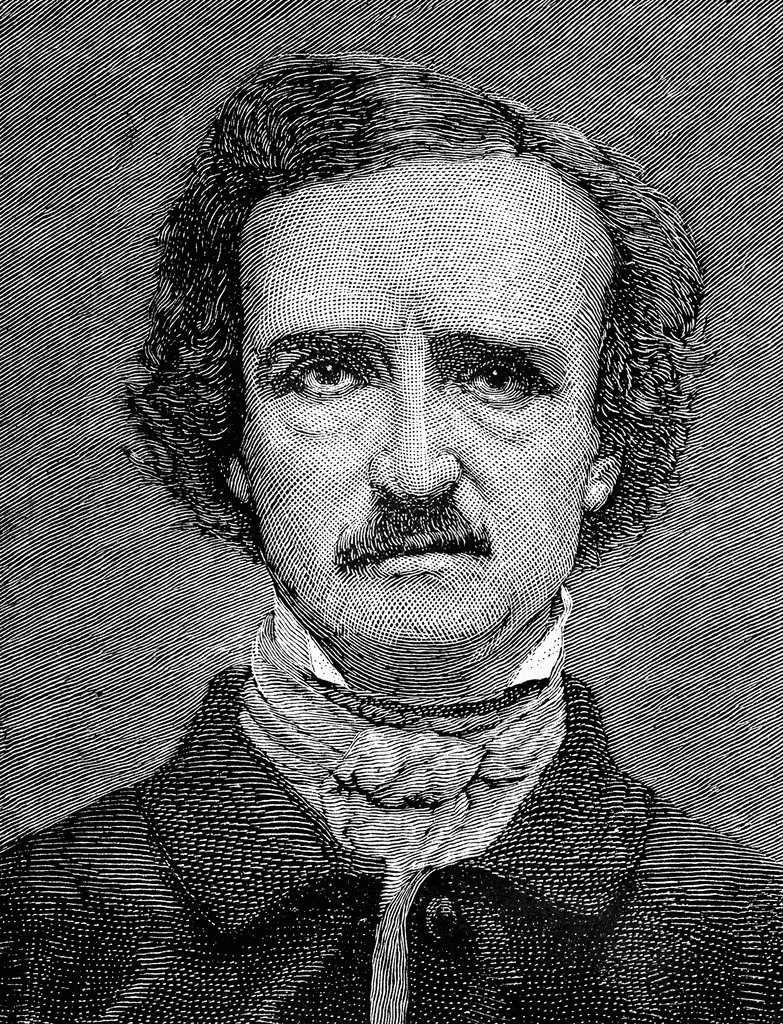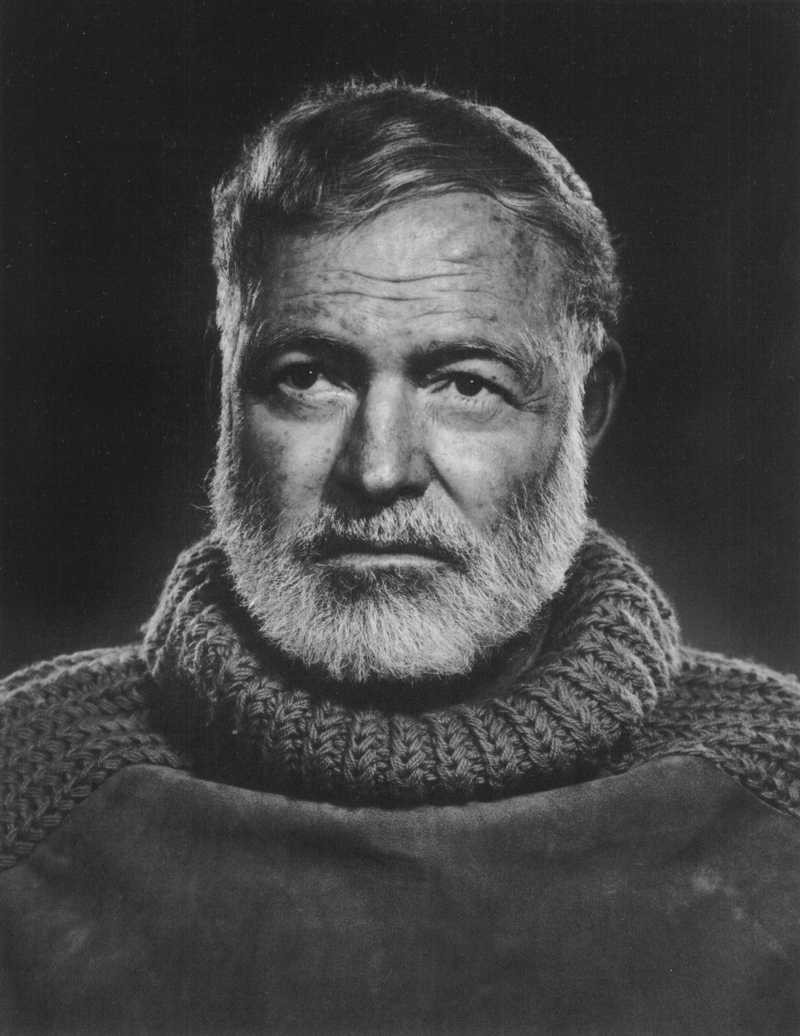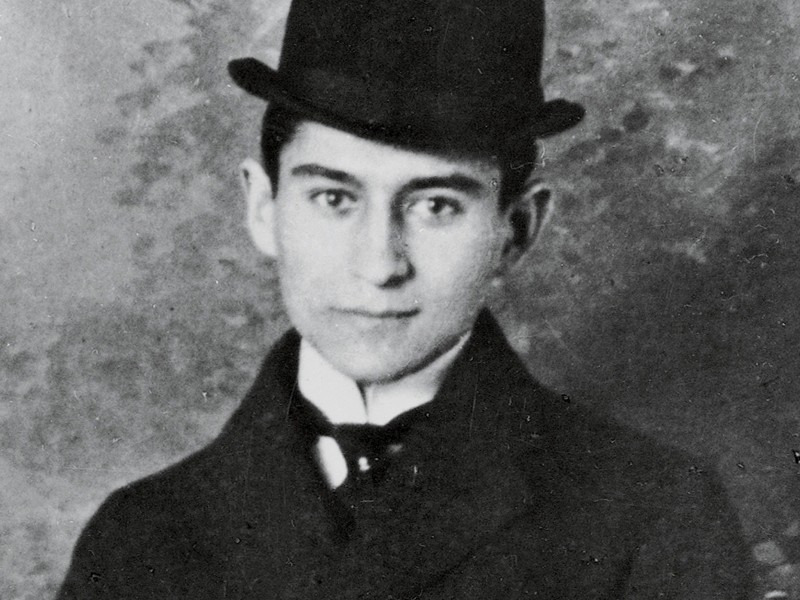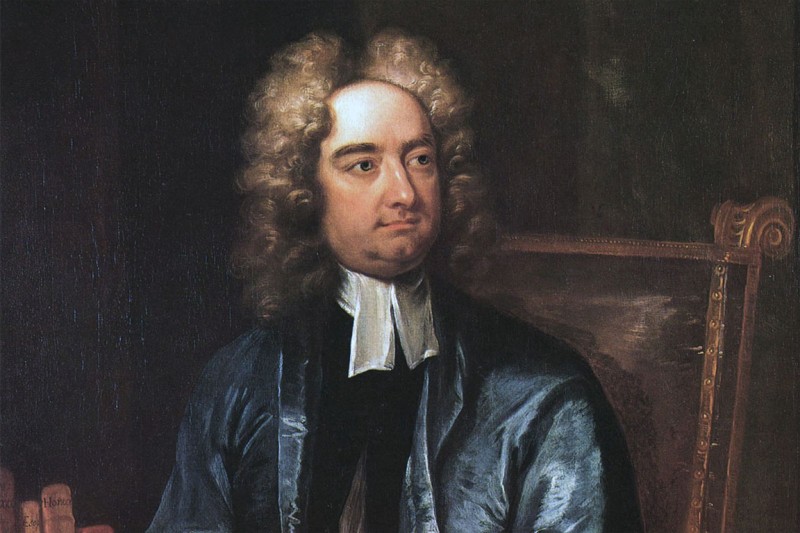#9 – Edgar Allan Poe
The patient №1
Edgar Allan Poe (1809-1849), American writer and poet
Diagnosis: Insanity
Symptoms: Fear of the dark, memory lapses, persecution mania, inappropriate behavior, hallucinations.
Disease history. Since the end of the 1830s, Edgar Allan Poe suffered from frequent depressions. In addition, he abused alcohol, which affected his psyche not the best way: under the influence of alcohol consumed writer sometimes fell into a state of violent insanity. Later he started to use opium. Significantly worsened the state of mind a serious illness of his young wife (his cousin Virginia, he married when she was thirteen. After seven years of marriage, in 1842, she became ill with tuberculosis, and five years later she died). After the death of Virginia - for the remaining two years of his own life - Edgar Allan Poe fell in love several times and took two attempts to get married. The first one failed because of the failure of the chosen one, it frightened the next breakdown, the second - because of the absence of the groom: shortly before the wedding, he highly drunk and fell in a deranged state. He was found in a cheap tavern Baltimore five days later. The writer was placed in a hospital, where he died after five days, suffering from terrible hallucinations. One of the major nightmares of Edgar - death alone - has came true: he took a promise from many people to be with him at the last hour, but none of the family was not close to the same three in the morning October 7, 1849.

#8 – Friedrich Wilhelm Nietzsche
The patient №2
Friedrich Wilhelm Nietzsche (1844-1900), German philosopher
Diagnosis: Nuclear mosaic schizophrenia (or obsession in plain English)
Symptoms: Megalomania (he sent out the notes with the text: "In two months I'll be the first person on earth", he demanded to remove all paintings from the walls, because his apartment "is a temple"); reason dizziness (he embraced with a horse on the central town square, preventing the movement of the street); severe headaches; inappropriate behavior. The medical records of Nietzsche, in particular, stated that the patient drank his urine, uttered inarticulate cries, took the hospital watchman for Bismarck, tried to barricade the door shards of broken glass, slept on the floor near the bed, jumped as a goat, grimaced and stuck out left shoulder.

#7 – Ernest Miller Hemingway
The patient №3
Ernest Miller Hemingway (1899-1961), American writer
Diagnosis: Acute depression, mental breakdown
Symptoms: Suicidal tendencies, persecution mania, nervous breakdowns
Disease history. In 1960, Hemingway returned to the United States from Cuba. He was tormented by frequent depression, feelings of fear and uncertainty, he almost could not write - and therefore voluntarily agreed to undergo treatment in a psychiatric clinic. Hemingway moved 20 electroshock sessions, he said: "Well, what is the sense of ruining my head and erasing my memory, which is my capital, and putting me out of business? It was a brilliant cure but we lost the patient..." Upon leaving the clinic Hemingway was convinced that he still can not write, and made the first attempt of suicide, but relatives were able to stop him. At the request of his wife, he took a second course of treatment, but his intentions have not changed. A few days after discharge, he shot himself in the head using favorite shotgun, charging the pre-both barrels.

#6 – Franz Kafka
The patient №4
Franz Kafka (1883 - 1924), Czech writer
Diagnosis: Severe neurosis psychasthenia functional nature, non-recurrent depression
Symptoms: Excitability, with intermittent bouts of apathy, sleep disturbance, exaggerated fears, psychosomatic problems in the intimate sphere.
Disease history. The roots of Kafka's deep psychological failures originate from the conflict with his father, difficult relationships with family and complicated, tangled love stories. Fascination with writing in the family was discouraged, and had to do it furtively. For me it is a horrible double life from which there is probably no way out except insanity.” When his father insisted that his son after serving still works in his shop, and wasn’t engage in the nonsense, Franz decided to commit suicide and wrote a farewell letter to his friend Max Brod, who saved his life.

#5 – Jonathan Swift
The patient №5
Jonathan Swift (1667-1745), Irish writer
Diagnosis: Pick's disease or Alzheimer's disease - experts argue.
Symptoms: Dizziness, disorientation, memory loss, inability to recognize people and objects around, catching the meaning of human speech. Disease history.
The ideas presented to the world. A new form of political satire was created by him. "Gulliver's Travels" is certainly not the first sarcastic view of enlightened intellectuals to the surrounding reality, but innovation here is not in the sight, but in its optics. While other scoffers looked at life through a magnifying glass or a telescope, the dean of the Cathedral of St. Patrick fashioned for this lens with intricately curved glass. Subsequently, Nikolai Gogol and Saltykov-Shchedrin enjoyed this lens with pleasure.





like us to get more interesting stuff!